▻ German Wine
In conversation with Anne Krebiehl MW
Episode Summary:-
Sarah Kemp talks to Anne Krebiehl MW, the author of The Wines of Germany, which won the 2020 Louis Roederer Wine Book of the Year award. Anne grew up in rural Southwest Germany, and she reveals how her idyllic childhood, close to nature, where she was able to taste the intense forest fruits, gave her a love of flavour. She describes how a scholarship to study in America opened her eyes: “I realised how big and wide this world was and how interesting people could be and I wanted to have a part of it.” It was also where she first became interested in wine.
The chance to gain a degree by studying at night at Birbeck College drew her to London, where she has lived ever since. After gaining a degree in English Literature, she worked for a bank while undertaking various wine courses: “It was something that just appealed to me, by its very nature of flavour, and having an origin, and being something that can transport you.” She talks about how her Eureka moment arrived when she hit upon the WSET course, which in turn led onto the MW exam. Anne left the banking industry to become a freelance writer, and working harvests in New Zealand and Germany gave her the practical experience to combine with the theoretical.
She discusses the problems of how German wine is perceived today--the problems with German Wine Law, in her book, is entitled “a perpetual palimpsest,” and reveals how history has shaped the wine industry. To understand German wine, you need to understand Germany’s history, she explains: “From the 16th to the 20th century, much of Germany was the theatre of unspeakable conflict…. During the Thirty Years War the population was reduced from 17 to 10 million people, with lots of villages not left, nobody to till the land or tend the vines.” Quality viticulture was confined to the Rheingau, and it was only in the middle of the 19th century that quality viticulture in the Mosel and Pfalz emerged.
Anne says, “German history is so complex, but so much of its cultural identity was formed before the idea of a nationwide state was formed, and what I found so beautiful was that these regional identities are so strong, and this is what the greatest thing for me was--to see the absolute distinct regional identities, and the power of that cultural identity, which expresses itself in the wine.”
Anne concludes by taking listeners on a trip across each region, describing the landscape, the villages, and recommending her favourite producers to visit.
“”Wine is the ultimate multi-disciplinary subject which is what makes it so beautiful because this is where culture, history, politics, law, biology, geology, geography, all of these things meet in wine.””
Running Order:-
-
0.00 – 9.59
“It was through the kitchen I came to wine.”
Anne talks about growing up in a village in the northern part of the Black Forest, an idyllic childhood immersed in nature, and recollects memories of eating fresh forest fruits and realising how the season’s flavours were so important to her in those early years. She describes how she wanted to see the world, and that a scholarship to spend a year in the US opened her eyes to how big the world was. It was there she first became interested in wine. Once she returned to Germany, she headed to Italy to learn Italian, and then friends told her about Birbeck College in London where she could study at night and support herself through temporary work during the day. Whilst at Birbeck she took wine courses. “It was something that just appealed to me by its very nature, of flavour and having an origin and being something that can transport you.” Her interest in wine grew and she took the WSET exams, which she describes as her “Eureka moment.” -
10.00 – 18.00
“I hit upon the WSET and that was the Eureka moment because I knew that would give me structure.”
Deciding that the food-writing world is overcrowded, Anne decides to become a freelance wine writer. Her first published article, however, is in the Financial Times on rationing after the war. During the banking crisis she hoped she would be made redundant, but in the end she left of her own accord and went to work a harvest in Spring 2009 at Felton Road in New Zealand. “It was the most life-enhancing trip of my entire existence, because New Zealand is so beautiful, it was just what I needed after coming out of years of the rather idiotic and fake world of the trading floor.” More practical experience came in working a vintage at Kaiserstuhl in Germany, the perfect balance to the theory she had learnt through the MW. -
18.01 – 30.00
“So much of Germany was destroyed time and time again, and what I find so interesting is the resilience of the people and vineyards.”
Sarah and Anne discuss the problems facing the image of German wine. “The biggest barrier for the great wines of Germany today is the lack of cultural knowledge,” Anne explains. “Germany is not associated with joie de vivre, but I know there is joy de vivre.” From the 16th to the 20th century Germany was the theatre of unspeakable conflict, with lots of villages destroyed and no one left to till the land or tend the vines. Anne compares this to the blessings of Burgundy, with its continuous history of quality winemaking. Quality viticulture was confined to the Rheingau, and only in the middle of the 19th century was there quality viticulture in the Mosel and Pfalz. Anne discusses the German Wine Laws and their flaws, which have never been corrected. Blue Nun, she explains, was an export brand and never drunk in Germany, a huge success but one that gave German wine a bad name. -
30.01 – 46.14
“The greatest thing for me was to see the absolute distinct regional identities and the power of that cultural identity which expresses itself in the wine.”
Anne describes her itinerary for visiting the 13 wine regions of Germany, and suggests who to visit (see list of producers below).
Take a ferry from Dover and head to Germany and arrive in Ahr, Pinot Noir Central, Anne advises. Head to the Nahe, where “you will have hair-raising experiences of dry Riesling.” Then, she says, “I want light body, super acid but depth of flavour, to me the Nahe is a place where this is happening.” From the Nahe head to the Rheingau, and visit some of Germany’s finest producers. Then go to the south, to Rheinhessen, to experience wines grown on limestone soils, before heading to the Pfalz, with its villages which look as if they come out of a picture book, cobbled streets and all. Drive south on the A5 to Baden and the foothills of the Black Forest, past the asparagus fields, and smell the conifer-scented sky.
“Go to Markgrӓflerland and change your mind about Chasselas,” she avers, then Franken: “such a little jewel,” where you find “beautiful fortified roads into vineyards lined with shrines and chapels.” Anne concludes by again emphasizing that what elevates German wines is their distinct regional identities, which are based on their cultural identities, and how these cultural identities express themselves in the wine—a delicious circle.
Recommended producers to visit mentioned in the podcast:-
The Nahe
Weingut Dӧnnhoff, Weingut Schӓfer-Frӧhlich, Wein & Sektgut Bamberger
The Rheingau
Weingut Wegeler , Peter Jakob Kühn, J.B. Becker, Weingut Prinz ,Weingut August Kesseler, Weingut Chat Sauvage, Weingut Kauffman, Robert Weil
The Rheinhessen
Weingut Wagner-Stempel, Weingut Keller, Weingut K.F. Groebe, Weingut Wittmann
The Pfalz
Weingut Dr. Bürklin-Wolf, Weingut Geheimer Rat Dr.von Bassermann-Jordan, Weingut Reichsrat von Buhl, Weingut von Winning
RELATED POSTS
Keep up with our adventures in wine
Special Offer:-
Listeners to The Wine Conversation can get 40% off all books in the series until the end of June 2021.
The books are a premium source of information for students of wine, sommeliers and others who work in the wine industry, but can easily be enjoyed by anybody with an enthusiasm for wine. All authors are expert in their subject, with years of experience in the wine industry, and many are Masters of Wine.
Visit their website here and use the code CWLTALK40 at checkout to receive your discount.
Listeners in the US and Canada need to visit a different website here.
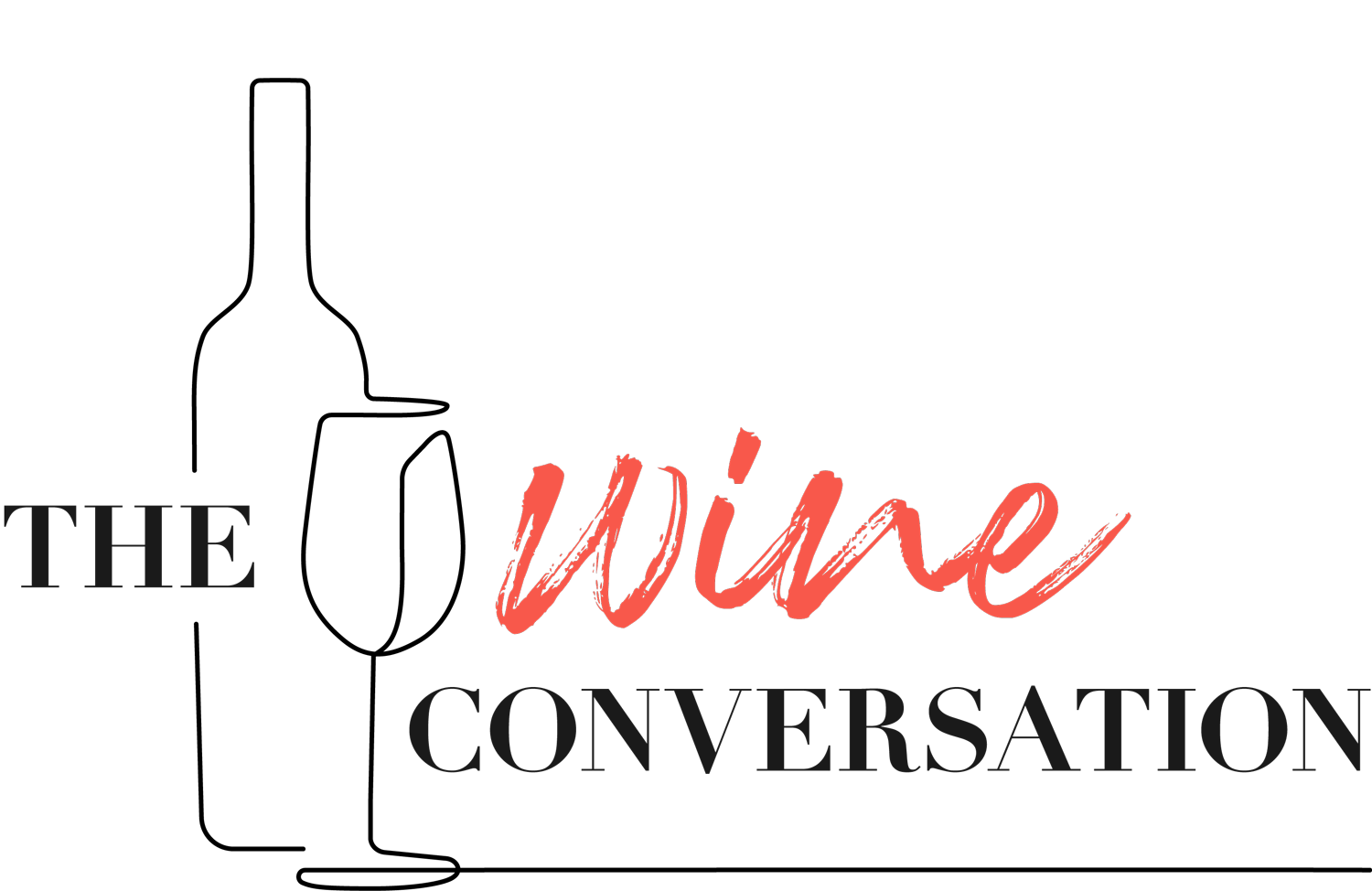





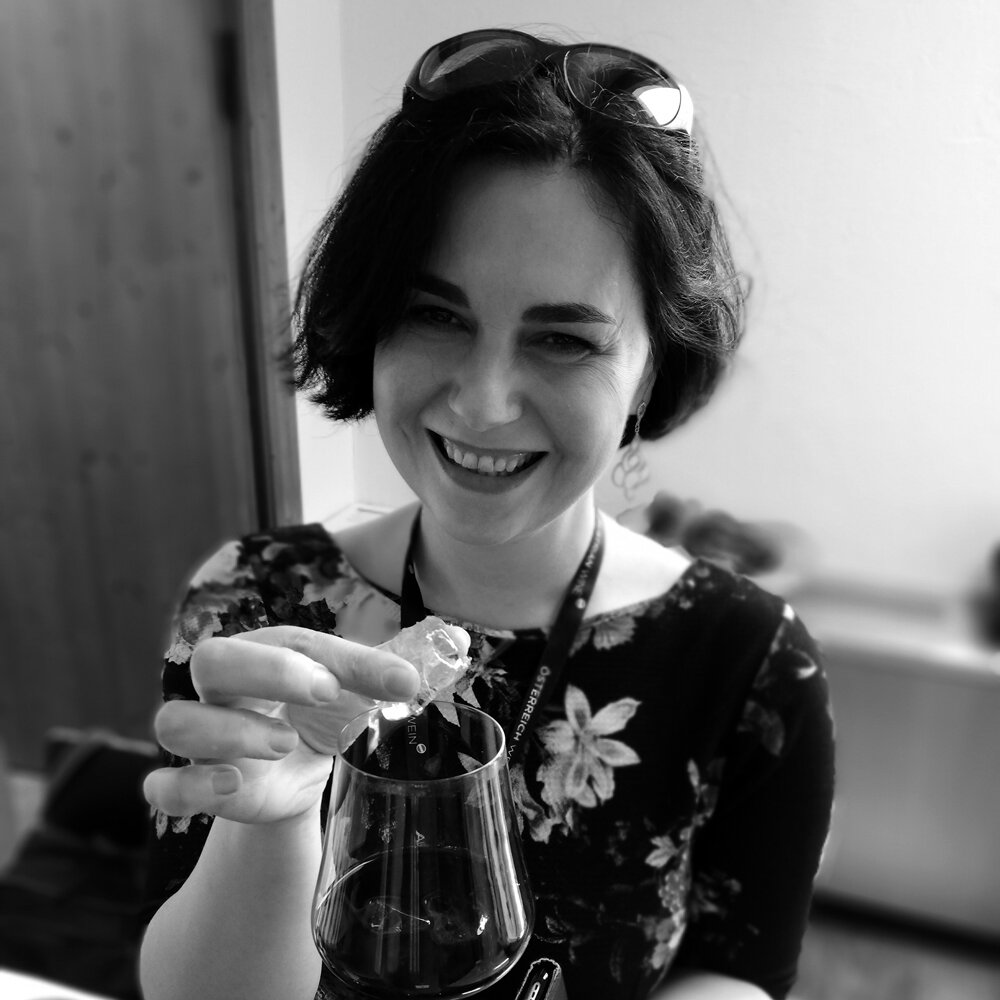
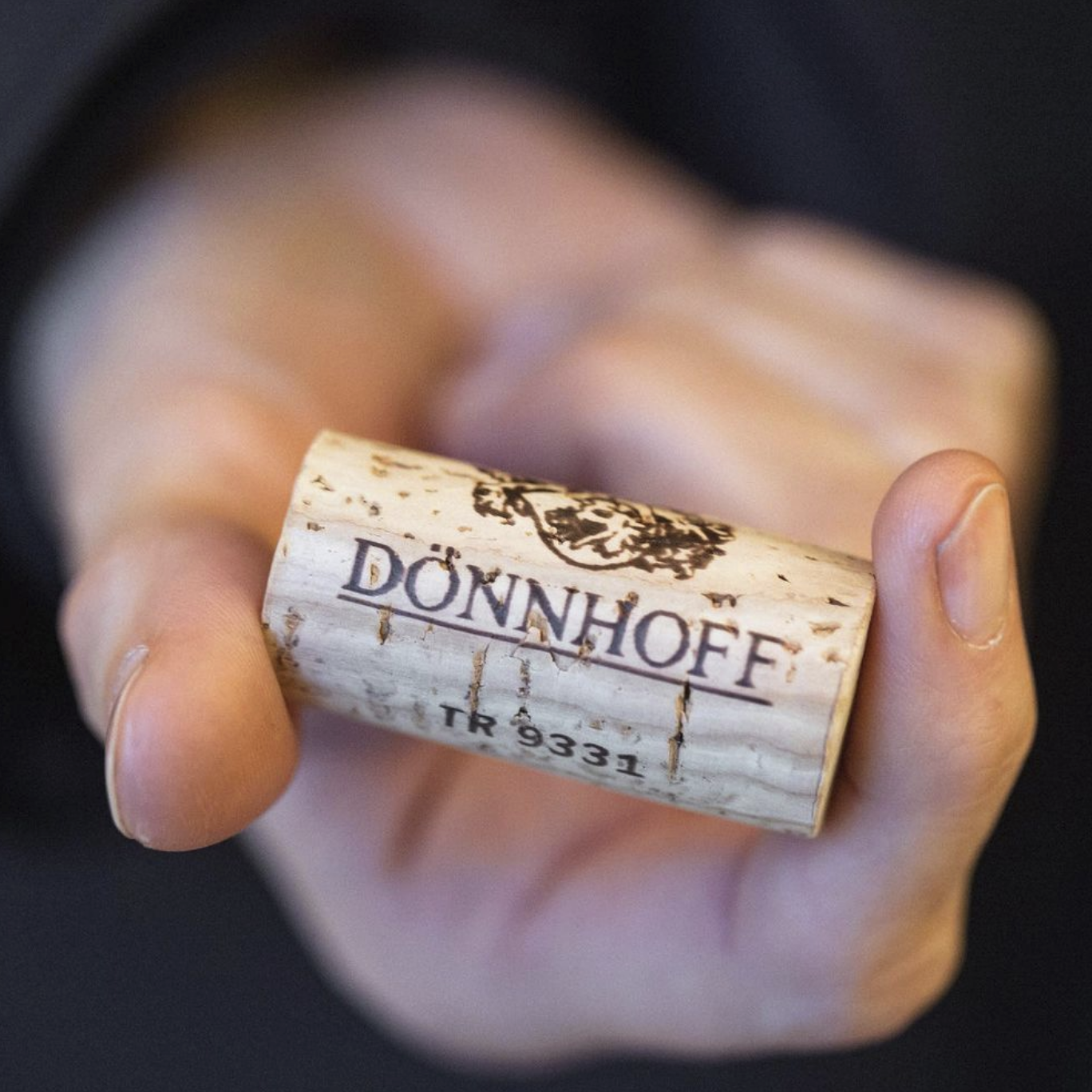
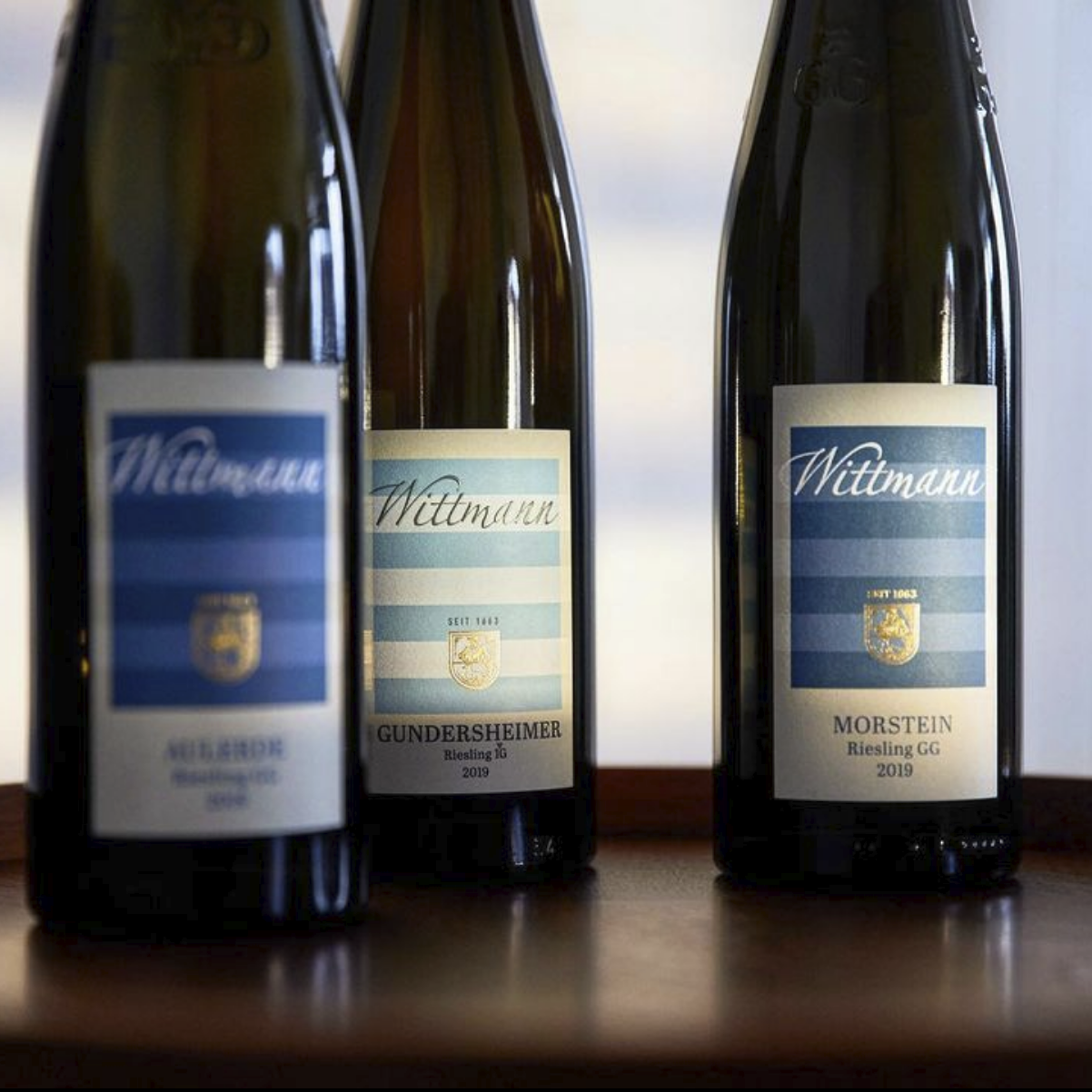
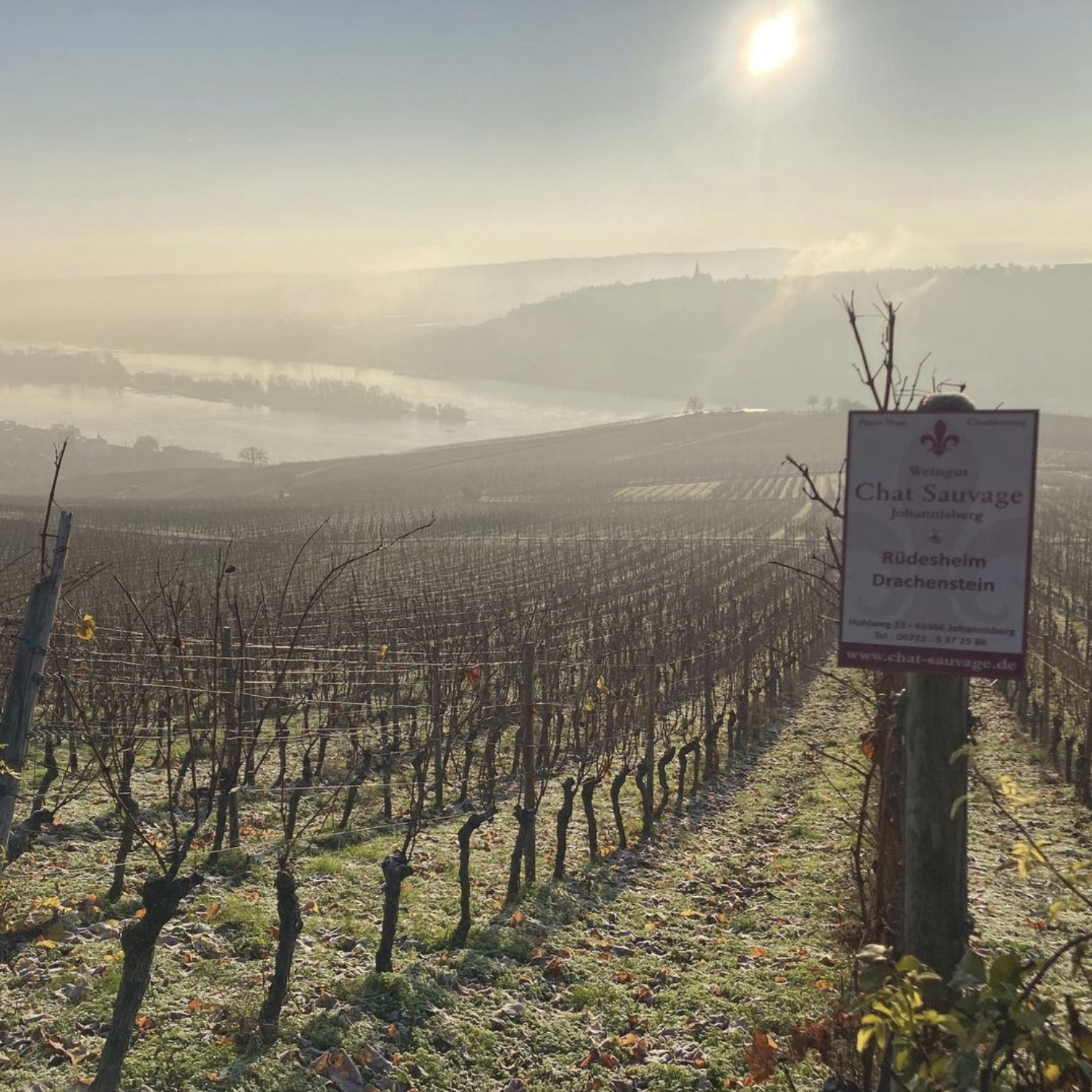
It has been a vintage year for wine books says Brian St Pierre. Check out our Wine Books of the Year for an assessment of this bounty.